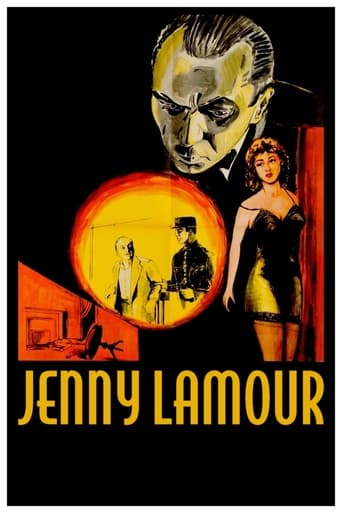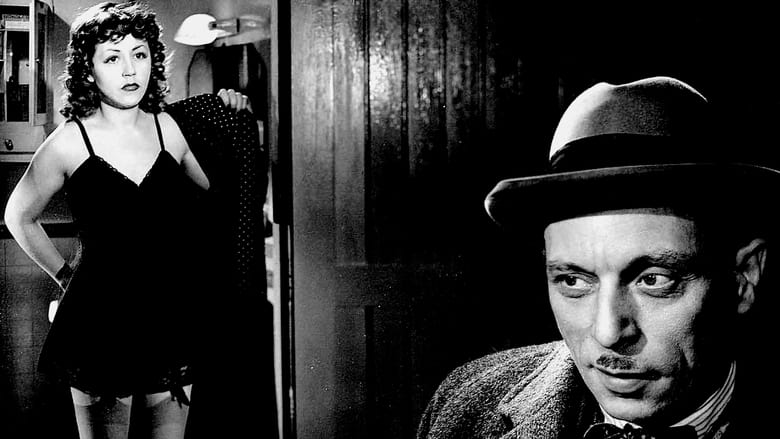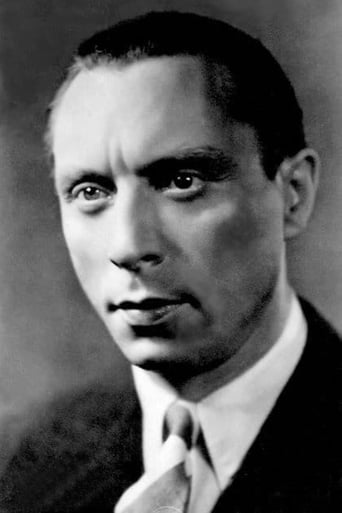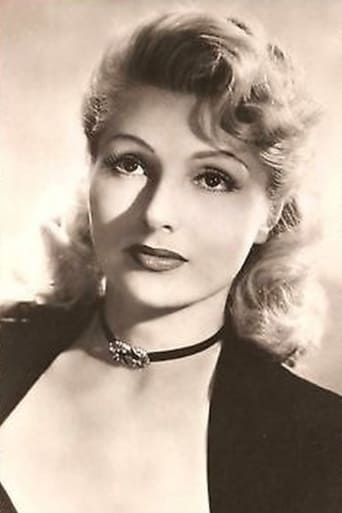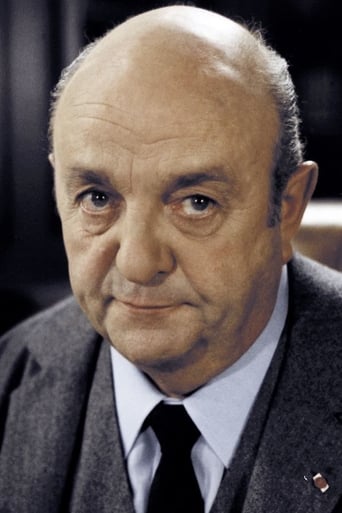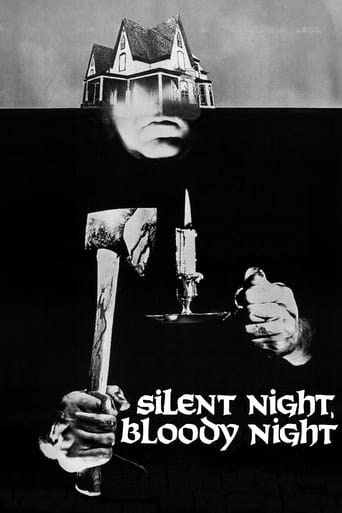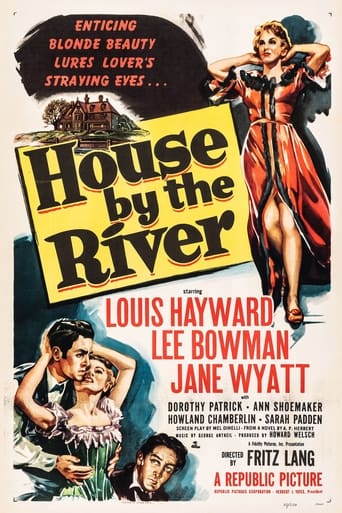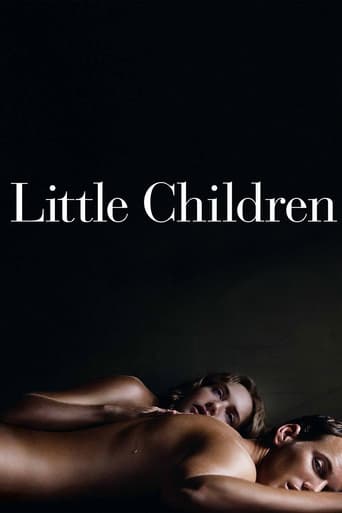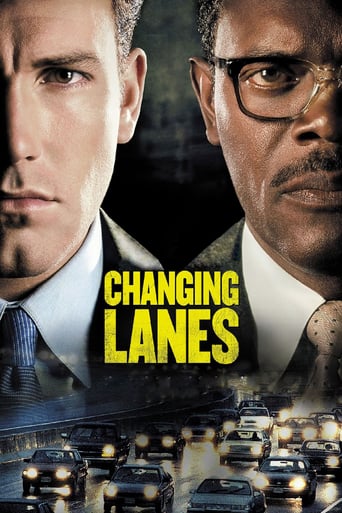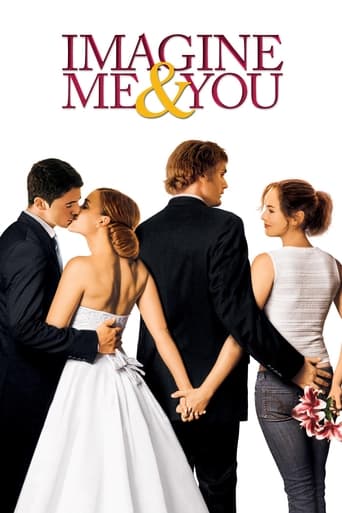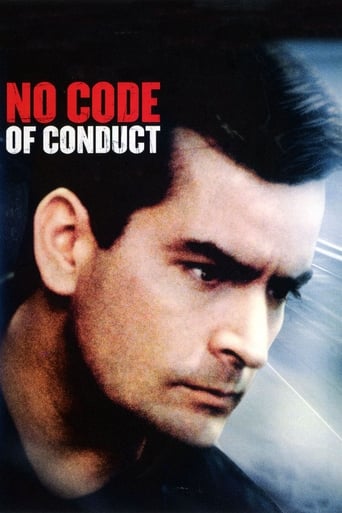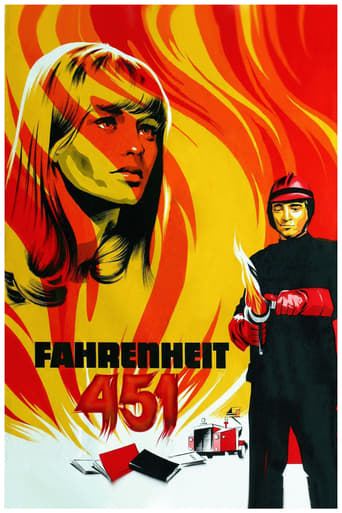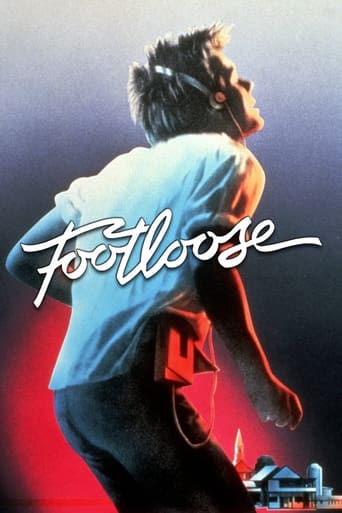Jenny Lamour (1947)
Paris, France, December 1946. Jenny Lamour, an ambitious cabaret singer, and Maurice, her extremely jealous pianist husband, become involved in the thorough investigation of the murder of a shady businessman, led by Antoine, a peculiar and methodical police inspector.
Watch Trailer
Free Trial Channels
Cast


Similar titles
Reviews
Waste of time
Very well executed
Instead, you get a movie that's enjoyable enough, but leaves you feeling like it could have been much, much more.
Let me be very fair here, this is not the best movie in my opinion. But, this movie is fun, it has purpose and is very enjoyable to watch.
Finally getting hold of Studio Canal/Optimum World's excellent box set of auteur Henri-Georges Clouzot work,I discovered that along with 2 Clouzot movies that I've read a lot about,that there was a third Clouzot film that I've never heard of before!,which led to me deciding that it was time to take a glimpse at the unknown Clouzot.The plot:Catching everyone's attention on stage, Marguerite Chauffournier Martineau dreams of being a major star. Desperate to see her name in the bright lights, Marguerite starts getting very close to stage owner Georges Brignon.Less than happy with the advances his wife is making to Brignon, Maurice Martineau meets Brignon in public,and tells Brignon that if he sees him with Marguerite again,he will kill him.As the threat that Maurice made is left lingering in the air,Brignon is found brutally killed.Getting assigned the case,inspector Antoine soon discovers that Brignon was recently threatened with murder.View on the film:Returning to the champagne opened from his 1942 movie The Murderer Lives at Number 21,co-writer/(along with Jean Ferry) director Henri- Georges Clouzot and cinematographer Armand Thirard cloud the bright sparks of the past with the clouds of Film Noir.Going backstage,Clouzot gives the title a touch of old Hollywood glamour,by treating the Cabaret songs (!) and slap-stick antics with an elegant shine. Tearing away at the dazzle with Film Noir blades,Clouzot superbly aims for a stylish depth of field which pulls the darkness over the Lamour's into the limelight,which cracks the backdrop into dazzling shadows seeping Film Noir blood over the decadence.Adapting Stanislas-André Steeman's (then) out of print book from memory (!) the screenplay by Clouzot & Ferry strikes the murder mystery with a brittle Film Noir edge. Firmly placing the Martineau's in a light and fluffy showbiz world,the writers brilliantly criss-cross the "caper" genre into Film Noir,by cleverly cracking the Martineau's "caper" mind set with short,sharp shots of Film Noir reality.Finishing on a Christmas final,the writers thankfully make the path a far from merry one,due to the snow by swept away by Antoine tents investigation shattering the Martineau's pristine image.Enchanting everyone on stage, Suzy Delair gives a glorious performance as Femme Fatale Jenny Lamour,whose thirst for the bright lights Delair drinks up,with a delicacy to keep everyone else coiled round Jenny's fingers,which is displayed by Delair keeping Jenny fixated on the lights,even as Brignon's blood bleeds across the stage.Trying to break the silence, Louis Jouvet gives a great performance as Antoine,thanks to Jouvet pilling Film Noir tension on Antoine's shoulders to make cracks appear in the Martineau's icy relationship.Cast out into the wilderness, Bernard Blier gives an amazing performance as Maurice,who Blier locks into a pressure cooker of rage and doubt,as Maurice tries to keep Jenny in the limelight.
The extraordinarily adorable Suzy Delair plays a statuesque performer obsessed with succeeding in the theater. Her husband and accompanist, played by Bernard Blier, is a composed but jealous man. When he finds out in a less than preferable way that his flashy wife has planned a rendezvous with a lecherous old businessman with the intention of advancing her career, he loses all control and threatens the businessman with murder. Now, at that point, I must stop describing the film to you because it skates on such thin ice with its twists, revelations, ambiguities and suspense that to imply any of it would endanger it. I am not sure how good or bad that is for this French police procedural emanating from the song- and-dance community, though it is certainly interesting that what we do know throughout is who did not do it. We just don't know who did.The story depends upon the procedure of following clues, where ideal alibis fail and where cautiously created fabrications and deceptions disintegrate. Interestingly, this is a suspense film in which suspense is generated in spite of the knowledge one would traditionally think too much too soon.Quay of the Goldsmiths is the least dark of Henri-Georges Clouzot's films. It's nowhere near as sinister as the shocking Les Diaboliques, as tragic as the riveting Wages of Fear or as eery as Le Corbeau. Maybe it is due to the vibrance of the dance halls and theater settings of 1940s France, which all work as the milieu of this crime thriller.Clouzot both understands and approves of his characters, even the more rotten ones, where he has more of a vindictive streak with his other films. Where he may have had understanding for the scheming women in Les Diabolique or the truck drivers who sink to the level of risking horrible death in order to oust themselves from miserable life in The Wages of Fear, there isn't necessarily support or agreement on the part of the filmmaker, for these are characters who plainly made the direct decisions that determine their fate. All the characters in this more settling film have scenes and moments that endear us to them, even the harsh, cold detective played by Louis Jouvet, who worries about his young adoptive son amid all the trouble and despair that happens in his life at any time with the drop of a hat.There is humor and unabashed sexiness, the latter mostly on the part of Delair, that neutralize the pressure to a degree. Clouzot was quietly practicing his craft, patient till he made his unrelenting later films, in which he would permit his audiences no pardon from the tension.
The Director loves the actress and it shows. The actress inhabits the character, whom we love at first sight and sound. The character loves her jealous unprepossessing husband and he loves her. His childhood friend secretly loves his wife and the fact that his friend is a beautiful woman makes the love tragic and ironic. His wife is jealous of his childhood friend and thinks her attentions are out of secret love for her husband.Then there is a murder and the investigating police lieutenant, who loves only his bi-racial son, and resents being taken from his company by the above characters, who have had some unpleasant contact with the deceased and are all lying to one degree or another, unravels the mystery with some of the most precise and authentic procedural detail ever captured on film.And then there are the atmospherics of a post-war Paris, where coal is in short supply, music is filled with erotic longing and wistful memory, and innocence has long ago been washed away by the rain.All of this in a milieu of magicians whose tricks don't always work, dogs who walk on their hind feet and express music criticism, hungry news reporters and exhausted cops.And then there are many of the finest actors of their generation who have been through some very bad years directed by, to come full circle, a man who is in love with his lead actress and who, with full justification, was a respected friend of Picasso.I've seen this film often and I love all of them and it.
Should we take the opening shot as a strange frame??? I guess we have to. Anyway two women are behind a closing umbrella, they walk upstairs to the talent agency and we go with them...and then they are never to be seen again. Okay, how come not INSIDE the place, at the piano, or even outside with the SOUND of the piano, then track inside and over, a la Hitchcock??? So I guess Clouzot is already telling us in a not very subliminal manner that we are following a segment of postwar society: especially how he then uses a Citizen Kane=like song cut up into about five pieces to show the lady singing traveling from the talent agency all the way to her first roses and applause of her Vaudeville debut.After that we are relentless observers of more or less small disgusting details of a defeated country getting off its war torn tattered knees. And nobody ever handled small disgust better than Clouzot. In fact, too bad he never tried Sartre's Nausea. Almost everything we see after the first few minutes makes us ever so slightly queasy. ....okay, okay I'm grossly overstating that, let's just settle for a general feel of a lot of the film. Look carefully, in fact, and you will even see one of the cops picking his nose. And in how many films has anyone ever done that. Then there is a very loud nose blowing bit in front of the photographer lesbian by the main cop, and notice that she does not, literally, blink an eye or raise an eyebrow.The point of all this is an almost feverish immersion in contiguity, seemingly, until you can smell practically every scene as well as see and feel it. As for the other aspects of the movie, others here have covered them in a lot more detail than I. But forget about the mystery here: this is the ultimate McGuffin. Clouzot is about as interested in the real killer as those two women coming in out of the rain in the first few seconds of the film and are never seen again. From beginning to end all he wanted to do was follow a bunch of people around, not even particularly interesting ones at that, and say, here look at this woman's twitch, that man's hitching of his pants in all their insignificance, years and years before Tina Turner was singing we don't need another hero. \Even the forced levity of the ending is bleakly done in a dilapidated part of Paris, and rather chilly bare walled apartment. With only the couples love for each other to see them through, as if to say there must be two or three million like you throughout the city, working your fingers off by the day for a little love at night.From this it was just a short step to Wages of Fear and the ultimate in despair. They don't even know how to make films like this anymore in the U.S. For that matter, they didn't even know how to very much in France then, much less now. The relentless detail of gesture makes even the neorealists of Italy look like bad psychologists. Which I guess makes Clouzot a kind of Rosselini on speed. Very enjoyable nonsense, this movie. The only flaw, seems to me, and as was pointed out by another viewer, the lead woman is somehow not quite right. Everybody else in the film is just about perfectly cast.

